Study: Wash your hands after touching these things to avoid COVID-19 infection
Sun 15 Mar 2020, 23:14:08
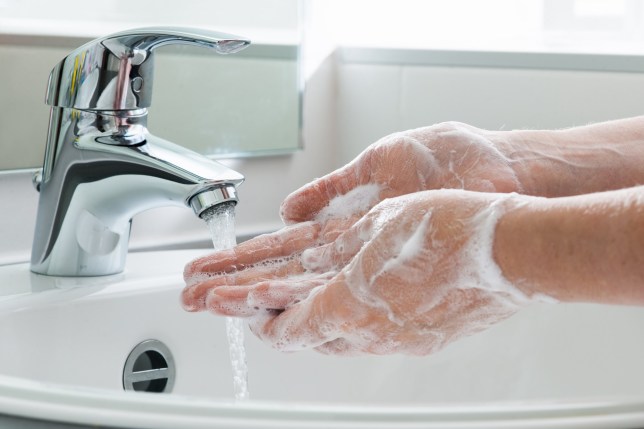
The new coronavirus is primarily a respiratory illness. It typically spreads via airborne droplets when an infected person coughs or sneezes. You can get sick too if the droplets carrying viral particles land on your nose or mouth or eyes. According to a new study, the new coronavirus can live on surfaces “for hours to a day.” Researchers also say smooth, nonporous surfaces are better at carrying viruses in general.
So, make sure to wash your hands after touching these surfaces and objects avoid COVID-19:
-Money, specially coins
-Handrails, handles, or doorknobs
-Subway pole
-Stairwell banister
-Tabletops
-Any animals
-Your smartphone
-Cutting boards and kitchen sponges
-Pens, if they aren’t yours
-Soap
dispensers or pumps
dispensers or pumps
The WHO advises taking these basic protective measures to prevent COVID-19 –
-Wash your hands frequently with soap and water or regularly clean them with an alcohol-based hand rub.
-Maintain at least 1 metre (3 feet) distance from people who is coughing or sneezing.
-Avoid touching eyes, nose and mouth with unclean hands
-When you cough or sneeze, cover your mouth and nose with your bent elbow or tissue.
-If you have fever, cough and difficulty breathing, seek medical care early
-Update yourself with the latest developments about COVID-19. Follow advice given by your healthcare provider on how to protect yourself and others from COVID-19.
-If you develop fever, cough and difficulty breathing, seek medical advice promptly.
No Comments For This Post, Be first to write a Comment.
Most viewed from Health
AIMIM News
Latest Urdu News
Most Viewed
May 26, 2020
Can Lionel Messi's visit boost Indian football?
Latest Videos View All
Like Us
Home
About Us
Advertise With Us
All Polls
Epaper Archives
Privacy Policy
Contact Us
Download Etemaad App
© 2025 Etemaad Daily News, All Rights Reserved.

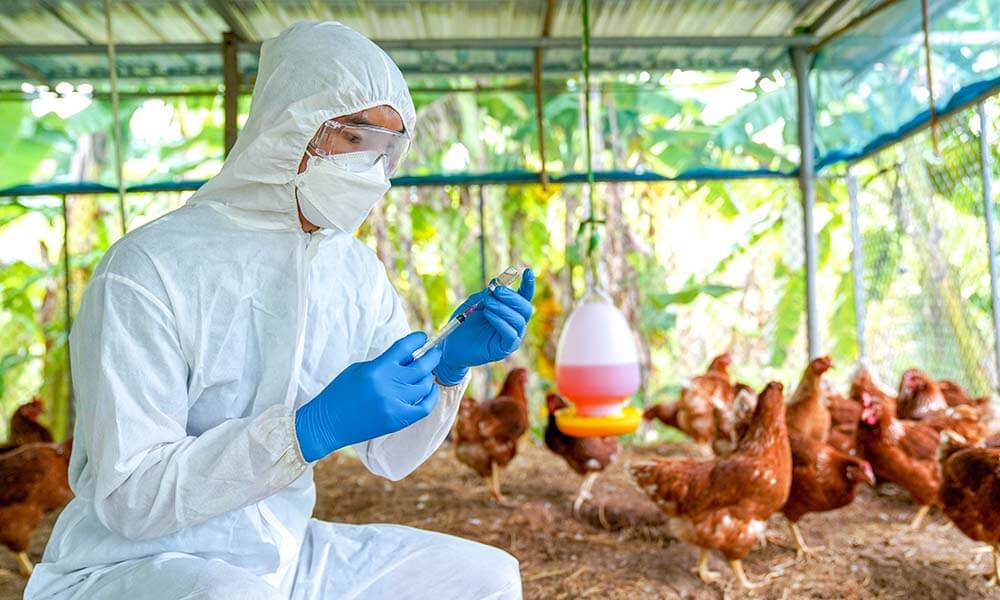
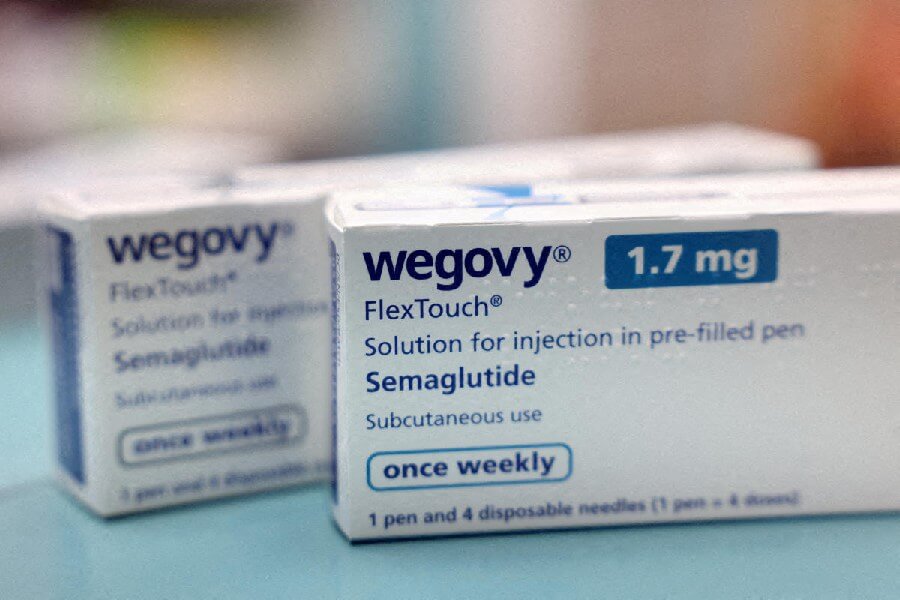
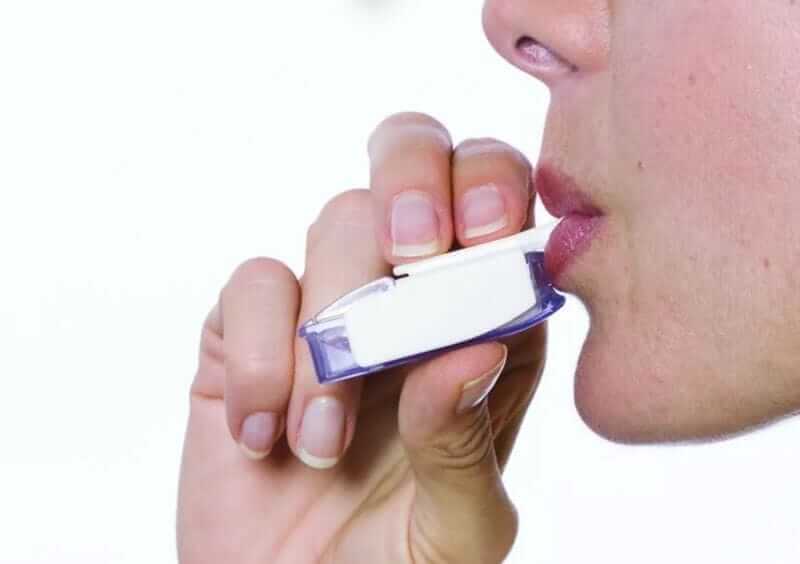
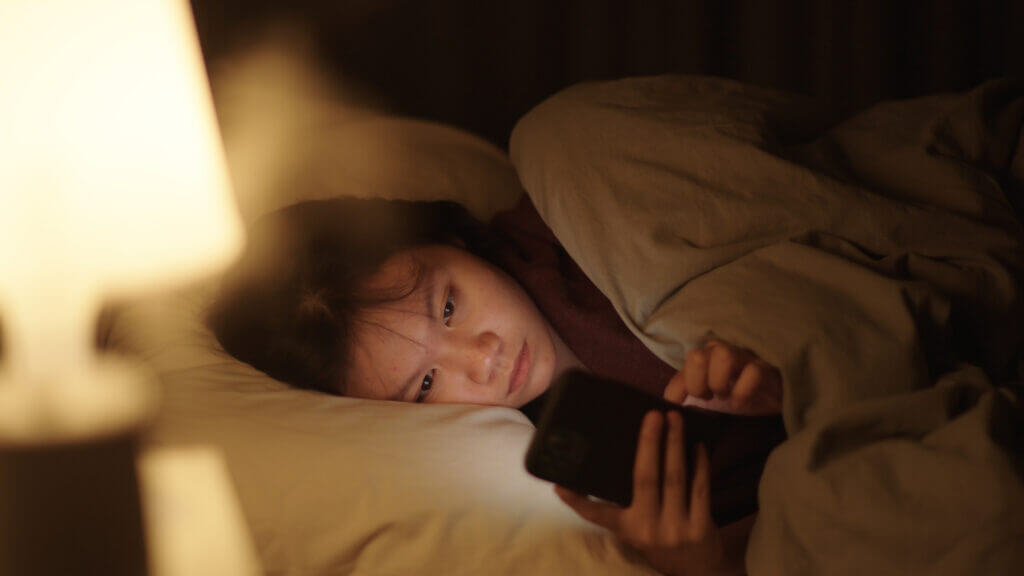
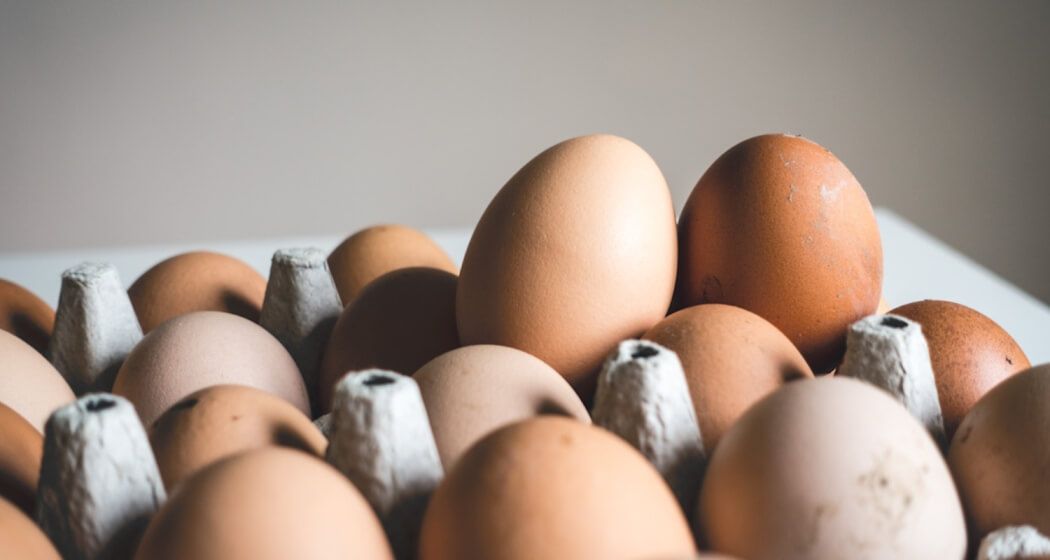
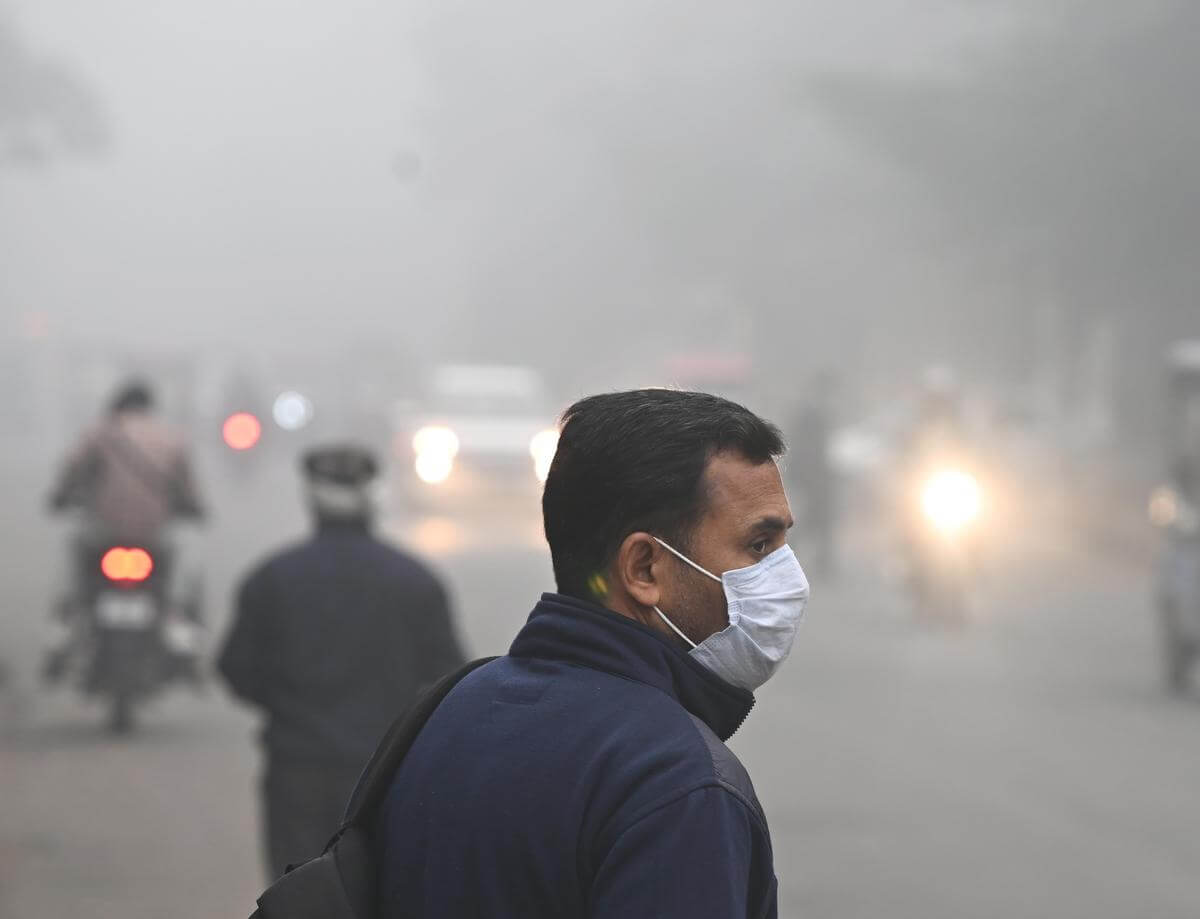
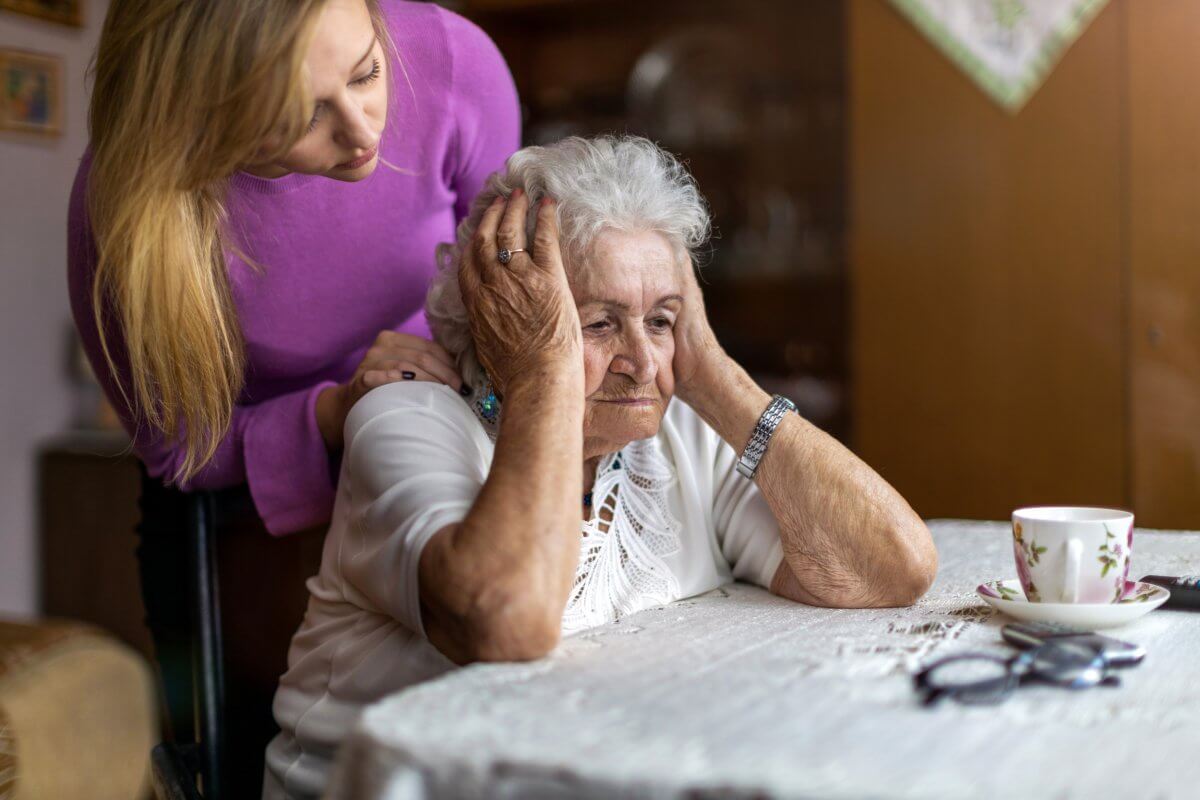

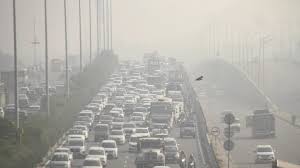
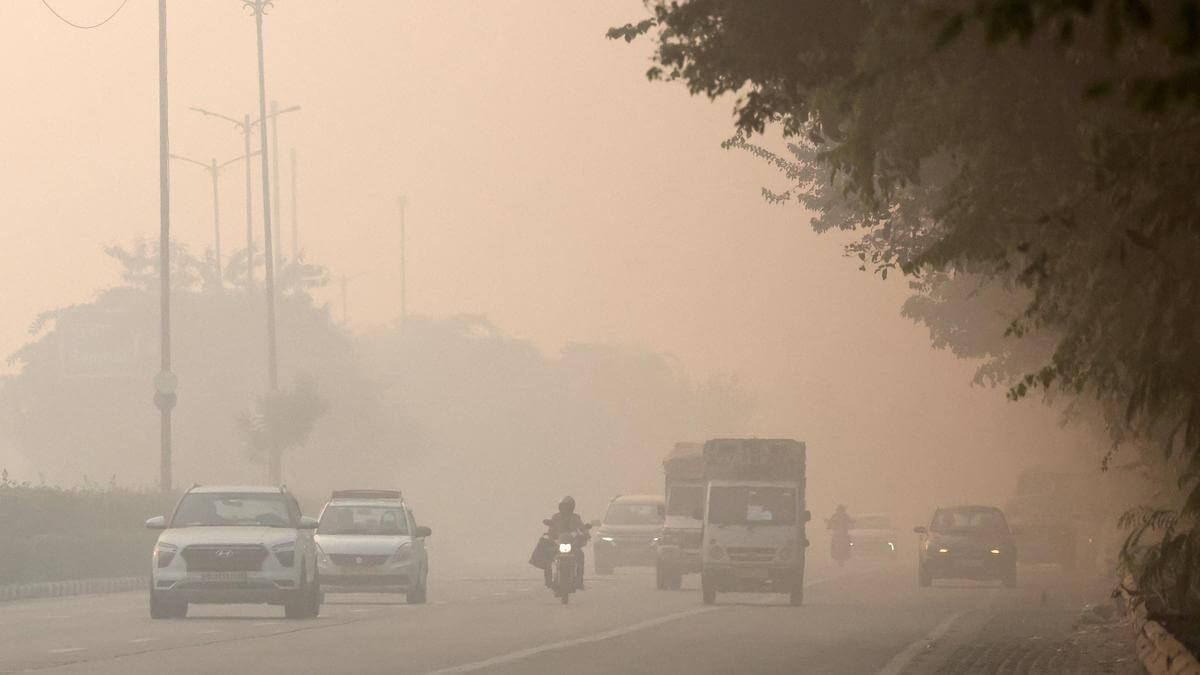
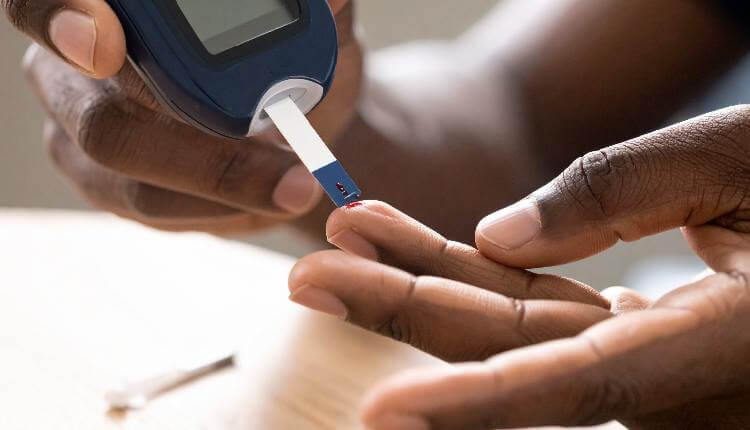
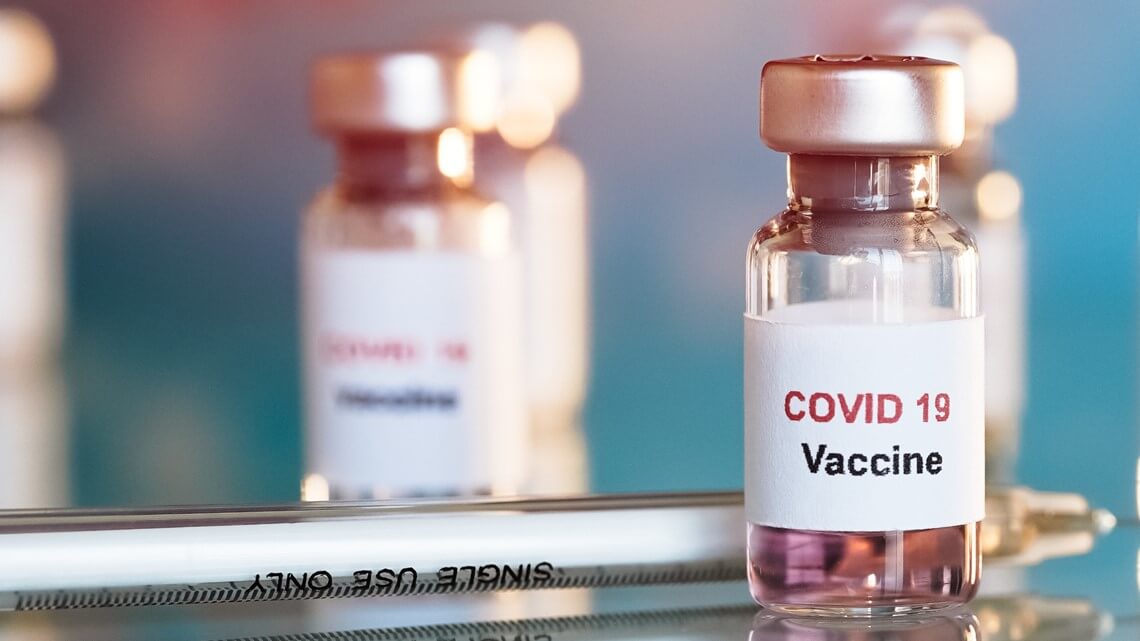












.jpg)
.jpg)
.jpg)


